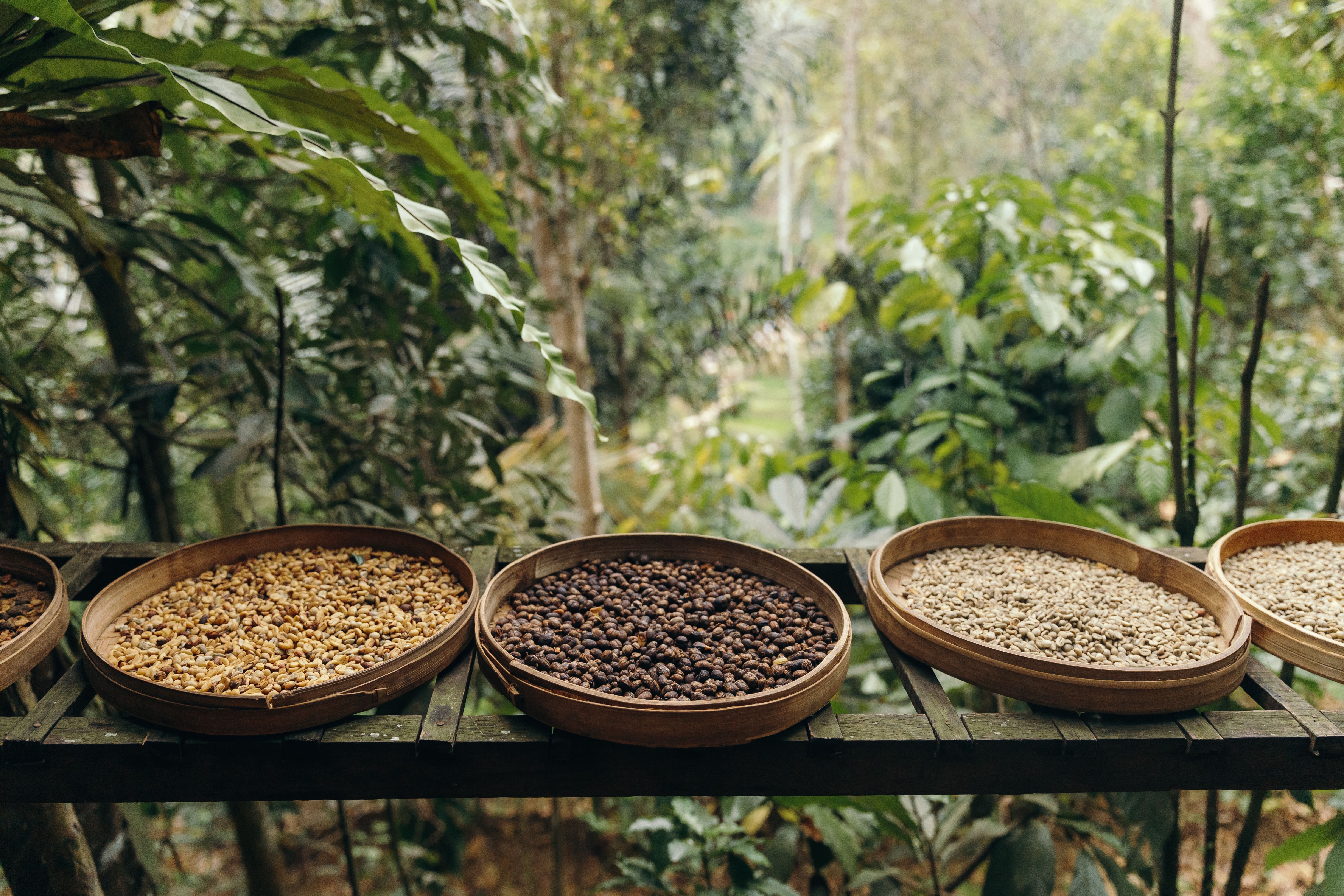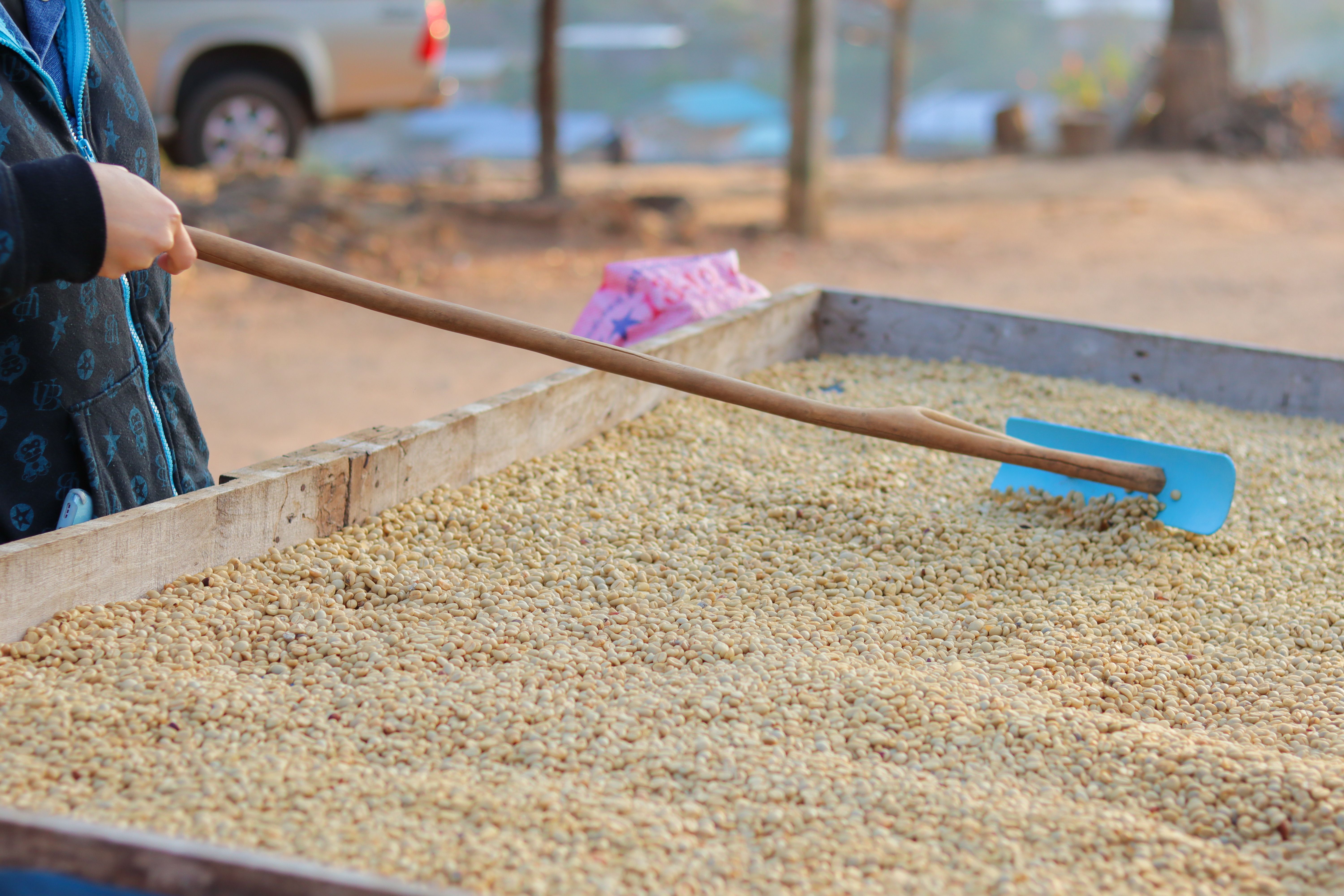The World of Exotic Coffee
Discovering the Unique Flavors of Exotic Coffee
Coffee lovers around the globe are always on the hunt for that next remarkable cup. While many enjoy their usual espresso or cappuccino, there's a world of exotic coffee waiting to be explored. These unique brews offer distinct flavors, aromas, and experiences that go beyond the conventional coffee shop menu.
From the lush highlands of Ethiopia to the volcanic soils of Indonesia, exotic coffees are cultivated in regions with unique climates and terrains. These factors contribute heavily to the taste profiles, making each cup a journey in itself.

The Origins of Exotic Coffee
Exotic coffees often trace their origins to specific regions known for their distinct environmental conditions. For example, Ethiopia, often considered the birthplace of coffee, produces beans that are renowned for their bright and fruity flavors. Similarly, coffee from Jamaica's Blue Mountains is prized for its smooth taste and mild acidity.
These regions not only provide the perfect growing conditions but also have a rich history and culture intertwined with coffee cultivation. Exploring these origins can be as enriching as tasting the coffee itself.
Unique Processing Methods
One of the key elements that set exotic coffees apart is the processing method. Traditional techniques such as natural or dry processing, where beans are dried with the cherry intact, can impart a fruity and complex flavor to the coffee. On the other hand, washed processing, which removes the cherry before drying, often results in a cleaner and more acidic profile.
Some regions have developed their own unique methods. For instance, in Indonesia, the wet-hulling process produces a rich and earthy flavor that is highly sought after by coffee connoisseurs.

Exploring Exotic Coffee Varieties
Diving into the world of exotic coffee means encountering an array of intriguing varieties. Here are a few to consider:
- Geisha: Known for its floral aroma and bright acidity, Geisha coffee from Panama is a beloved choice among enthusiasts.
- Kopi Luwak: This Indonesian coffee is famous for its unique production method involving civet cats, resulting in a smooth and rich flavor.
- Yirgacheffe: Hailing from Ethiopia, Yirgacheffe is celebrated for its vibrant citrus notes and delicate body.
Each variety offers a distinct taste experience, reflecting its origin's soil, climate, and cultivation practices.

The Art of Brewing Exotic Coffee
To truly appreciate exotic coffee, brewing methods play a crucial role. Techniques such as pour-over, French press, or cold brew can enhance the flavors and aromas inherent in these special beans. Experimenting with different methods can reveal new dimensions and subtleties in your cup.
Minding the grind size, water temperature, and brewing time can also make a significant difference. These careful considerations ensure that you extract the best flavor profile from your exotic beans.
Supporting Sustainable Coffee Practices
The journey into exotic coffee isn't just about taste—it's also about sustainability. Many exotic coffees are produced through fair trade and environmentally friendly practices. Supporting these efforts ensures that local farmers receive fair compensation and that ecosystems are preserved for future generations.
When purchasing exotic coffee, look for certifications or information about the farm's practices to ensure that you're contributing positively to these communities.
Exploring exotic coffee is not only an indulgence but also an opportunity to connect with diverse cultures and traditions around the world. Whether you're savoring a cup from a remote Ethiopian village or a renowned Jamaican estate, each sip tells a story worth exploring.
Commercial Kitchen http://avice.org
